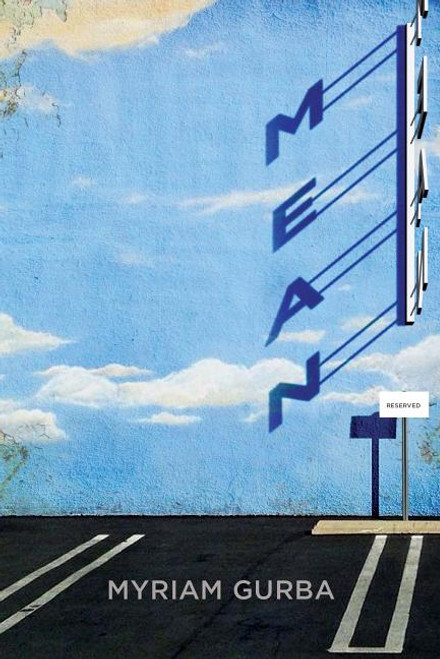A raw and masterful memoir about becoming a woman and going mad--and doing both at once.
When Suzanne Scanlon was a student at Barnard in the 90s, grieving the loss of her mother--feeling untethered and swimming through inarticulable pain--she made a suicide attempt that landed her in the New York State Psychiatric Institute. After nearly three years and countless experimental treatments, Suzanne left the ward on shaky legs. In the decades it took her to recover from the experience, Suzanne came to understand her suffering as part of something larger: a long tradition of women whose complicated and compromised stories of self-actualization are reduced to "crazy chick" and "madwoman" narratives. It was a thrilling discovery, and she searched for more books, more woman writers, as the journey of her life converged with her journey through the literature that shaped her. Transporting, honest, and graceful, Committed is a story of discovery and recovery, reclaiming the idea of the madwoman as a template for insight and transcendence through the works of Charlotte Perkins Gilman, Virginia Woolf, Sylvia Plath, Janet Frame, Audre Lorde, Shulamith Firestone, and others.
When Suzanne Scanlon was a student at Barnard in the 90s, grieving the loss of her mother--feeling untethered and swimming through inarticulable pain--she made a suicide attempt that landed her in the New York State Psychiatric Institute. After nearly three years and countless experimental treatments, Suzanne left the ward on shaky legs. In the decades it took her to recover from the experience, Suzanne came to understand her suffering as part of something larger: a long tradition of women whose complicated and compromised stories of self-actualization are reduced to "crazy chick" and "madwoman" narratives. It was a thrilling discovery, and she searched for more books, more woman writers, as the journey of her life converged with her journey through the literature that shaped her. Transporting, honest, and graceful, Committed is a story of discovery and recovery, reclaiming the idea of the madwoman as a template for insight and transcendence through the works of Charlotte Perkins Gilman, Virginia Woolf, Sylvia Plath, Janet Frame, Audre Lorde, Shulamith Firestone, and others.





